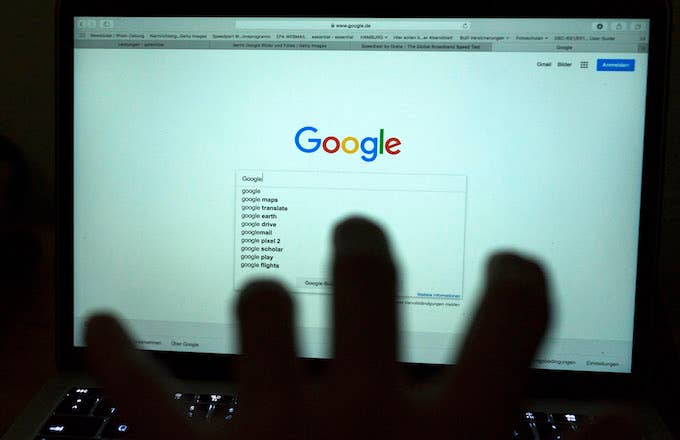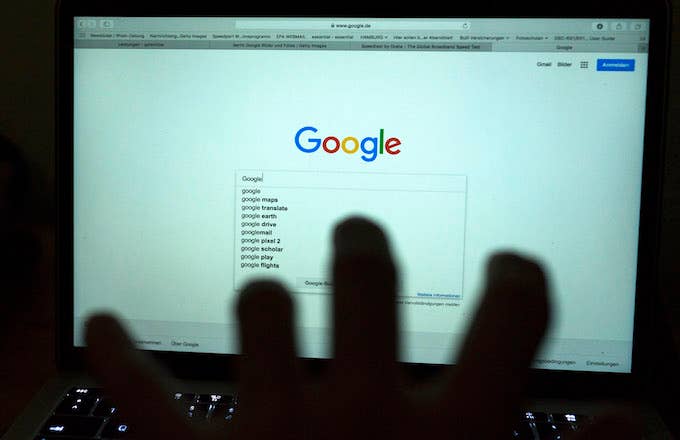
Google has lost a landmark lawsuit today over the “right to be forgotten” in the UK, per the BBC. The right to be forgotten is an online privacy statute passed in 2014 by the European Court of Justice that states that European citizens may petition search engines to delist URLs from search results if the websites in question contain information that is deemed irrelevant or outdated to be readily available.
It’s a tricky statute because what is relevant is a continually subjective matter, especially considering that what a specific individual might not want on the internet about themselves might well be in the public interest.
The case in the UK consisted of two businessmen who both sued to have links about them removed. The court granted one businessman’s request, but not the other. The one who won requested Google to remove news reports and other information about a crime he committed ten years ago for which he served six months in jail. Google initially rejected his plea, but a judge in a UK court ruled against Google today.
The other businessman lost his plea. He similarly petitioned Google to remove search results about a crime he had committed, for which he served four years in jail. He was sentenced to “conspiring to account falsely,” which Mashable describes as “monetary or informational fraud for financial gain.” The same judge who sided with the other businessman ruled in favor of Google in this latter case, particularly because the former’s case was less serious and he had, in the opinion of the judge, reformed and shown remorse. “The crime and punishment information [about him] has become out of date, irrelevant and of no sufficient legitimate interest to users of Google search to justify its continued availability,” the judge said.
The latter businessman, however, “has not accepted his guilt, has misled the public and this court, and shows no remorse over any of these matters,” the judge ruled. Plus, since he “remains in business,” the information remains relevant to the public.
The case has been hailed a landmark, and one that will set a legal precedent. "The right to be forgotten is meant to apply to information that is no longer relevant but disproportionately impacts a person," said Jim Killock, executive director of The Open Rights Group, which fights for internet freedoms. "The Court will have to balance the public's right to access the historical record, the precise impacts on the person, and the public interest."
“We work hard to comply with the right to be forgotten, but we take great care not to remove search results that are in the public interest and will defend the public’s right to access lawful information," a Google spokesperson told Mashable via email. "We are pleased that the Court recognized our efforts in this area, and we will respect the judgements they have made in this case.” In the past, Google has said user privacy is worth just $25 and that Gmail users don't have legitimate privacy concerns. In the light of huge public outcry against Facebook's mishandling of user's data in light of the massive Cambridge Analytica scandal, this stance will probably not cut it anymore. And for the record, Google keeps a sh*tload of your data, too.
Google reported in February of 2018 that from the period between 2014 to 2017, the company received over 2.4 million requests to delist URLs under the right to be forgotten statute. It accepted 43 percent of the requests.

